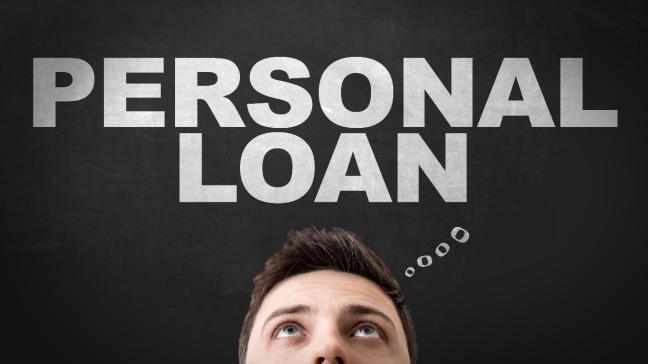
High street banks have increased interest rates on new personal loans as fears of the coronavirus raise concerns about the long-term finances of borrowers.
Banks are raising the cost of personal loans as millions of consumers grapple with the disastrous impact of the coronavirus pandemic on their personal finances.
High street banks and smaller lenders have increased rates on three-year loans since December, according to the data analysis company Moneyfacts.
The rate on a £5,000 three-year loan from a high street bank has risen from 7.6% in December to 7.8% today. Other providers have also increased their rates, with online firms and smaller banks increasing their rates from 6.6% to 6.7% during the same period.
Some of the cheapest personal loan rates have been withdrawn in the past days after a flood of applications.
Bank of England rate cuts
The Bank of England has cut interest rates twice so far, as part of emergency measures to protect the UK economy against impact from coronavirus.

US Tariffs are shifting - will you react or anticipate?
Don’t let policy changes catch you off guard. Stay proactive with real-time data and expert analysis.
By GlobalDataThe emergency cut in the Bank of England’s base rate on 11 March to 0.25% – swiftly followed by another on 19 March to help beat the economic shock of the coronavirus health crisis – means it is now at an historic low of 0.1%.
The base rate is the Bank of England’s official borrowing rate, the interest it charges other banks when they borrow money. In turn this affects what interest borrowers pay their lenders.
Cuts to the base rate are therefore supposed to bring down the cost of borrowing. However, most big banks have yet to pass on the cuts in mortgage rates to borrowers.
The recent interest rate cuts spells bad news for savers and high-interest rate current account holders.
Given the higher rates on personal loans, some consumers seeking to borrow a modest amount might find a credit card more appealing.







